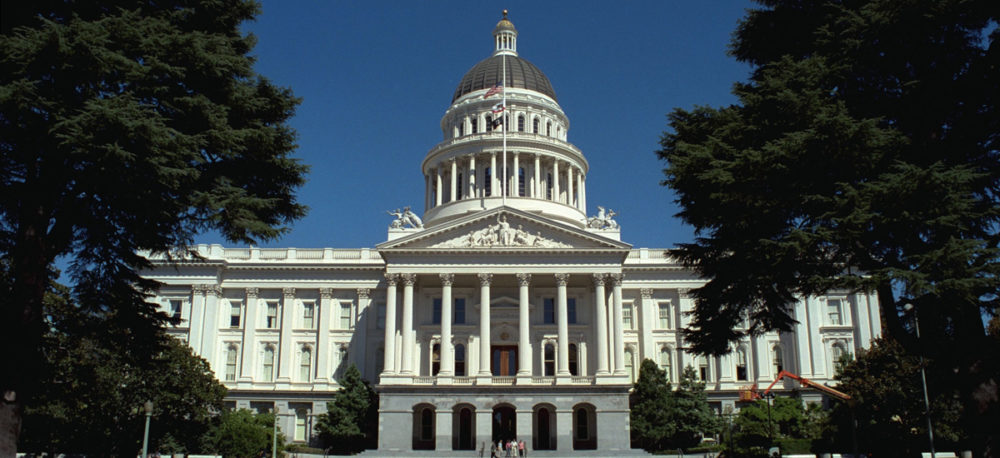The California Legislature failed to bring Senate Bill 100 (De León) for a full vote on Friday. Had the bill, SB 100 (De León), passed and been signed into law it would have accelerated the state’s primary renewable energy program, known as the Renewables Portfolio Standard (RPS), by raising the current requirement from 50 to 60 percent by 2030. It also would have set an ambitious new policy for all electricity produced in the state to come from zero-carbon resources by 2045.
Since Friday was the deadline to move bills for the regular 2017 legislative session, the bill is stalled but not dead. In fact, Assembly member Chris Holden, the chair of the committee for which the bill failed to be brought for a vote, has said the issues will be revisited in 2018.
Let’s take stock of where we are today: in 2016 California received about 25% of its electricity from eligible renewables. Another 19% came from a combination of nuclear and large hydropower, which are zero-carbon resources that would be eligible under SB 100. Statewide we are already on track to exceed the current RPS requirement of 50% by 2030. In the past several years California has made great strides to continue its position as a worldwide clean energy leader, and current policies in place ensure that the momentum will continue.
I am disappointed, but not discouraged. I spent a good bit of time working on SB 100 this year, and to me the fact that we couldn’t pass it in one year is not cause for despair. As I’ve said before, setting a goal to completely decarbonize California’s electricity sector by 2045 is bold and aspirational, and it should not be a surprise that a big new energy policy will take multiple legislative sessions to hammer out some of the details.
I am also encouraged that conversations at the end of the year were not about whether a zero-carbon electricity grid is the right path for California’s future but rather what that path should look like. I look forward to continuing the discussion and negotiation in January when the legislature returns. Reducing carbon emissions and air pollution by transitioning away from fossil fuels is one of the most important actions our country and world must take to avoid the worst consequences of climate change. While California’s share of global emissions is relatively small, transitioning completely away from fossil fuel-based electricity for the world’s sixth-largest economy would break new, important ground for other states and countries to follow. 2018 should be an exciting year.

